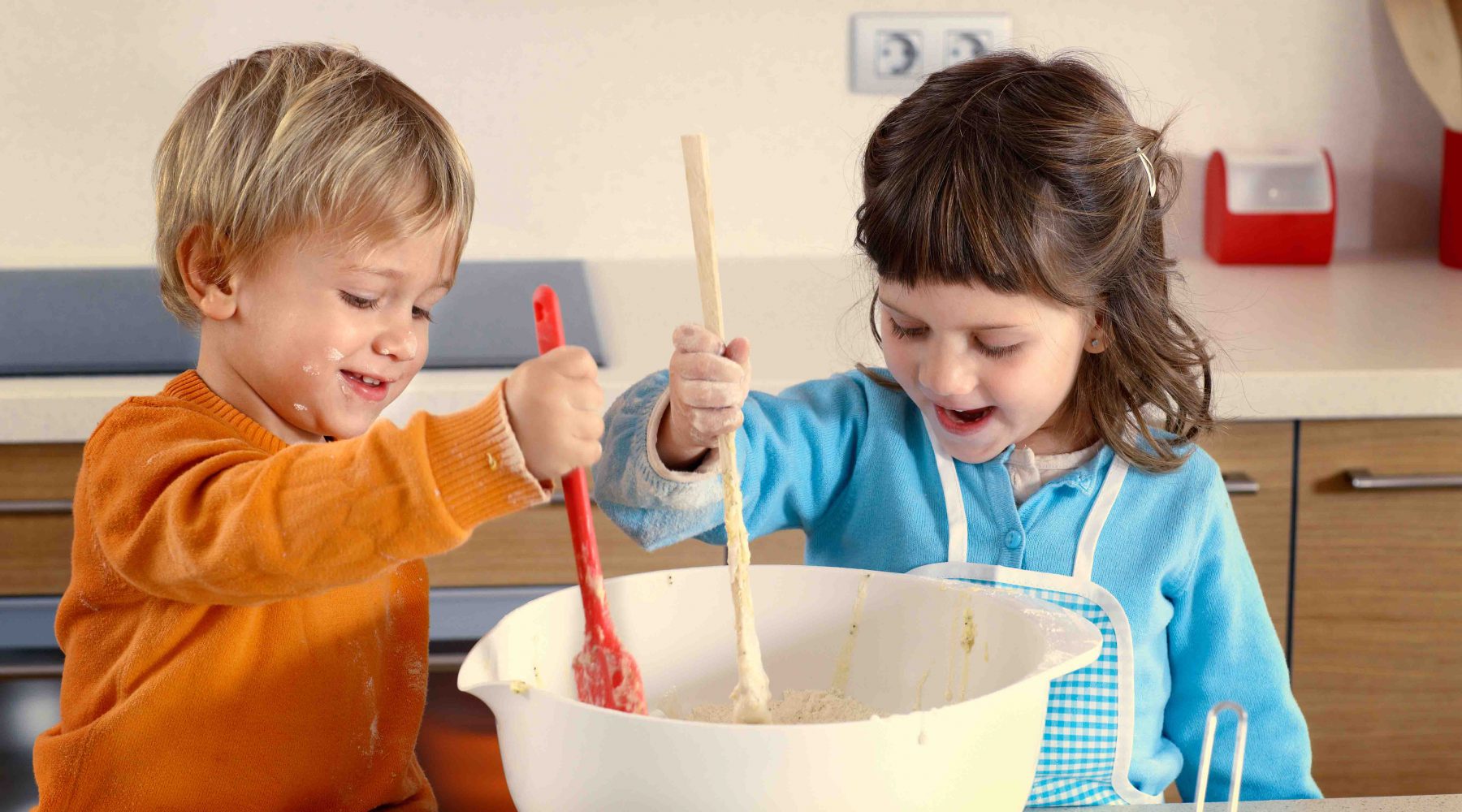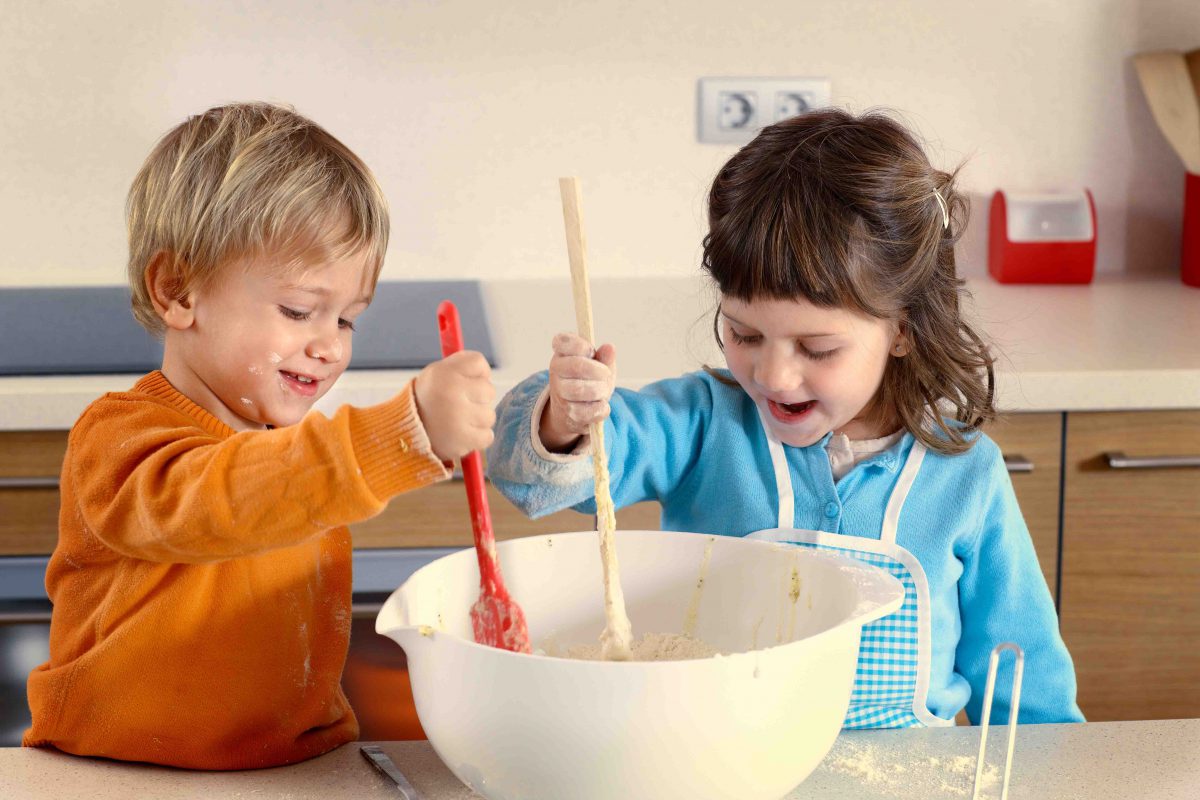
In the first of a three-part series, Diane Bourke explains how you can help your child learn using the Feuerstein approach.
Would you like to expand your child’s ability to learn? Reuven Feuerstein, the Israeli cognitive and clinical psychologist, has the answer. His ground-breaking work shows ‘intelligence is not a static structure, but an open, dynamic system that can continue to develop throughout life’.
The wonderful freedom of realising that intelligence is not static but highly modifiable should give you the confidence to interact with your child in ways that are purposeful, easy and fun. This is easier than it may sound: many of you do this completely naturally.
Professor Feuerstein’s insights organise thinking into three phases: the Input Phase, the Elaboration Phase and the Output Phase.
In the first of these three articles, we will consider the Input Phase. This is the phase in which you can support your child to gather information in order to solve a task. It will sharpen their perception, hone their listening skills, solidify their understanding of the language and of the concepts of time, space, and quantity, and their ability to collect and examine many sources of information at one time.

Here’s a sample of Input Skills:
Focusing
The ability to focus is an essential element to success in learning and life, but it is often overlooked. It is a skill that you can help your child develop. As you enter new situations, encourage your child to look for the interesting or important things to pay attention to. The more precise data children take in, via all their senses, the more information they will have to use when learning other things.
To help them focus, try the following:
What do you hear/smell/see?
Can you describe what you see?
Can you tell me more?
Or is there something that distracts you from focusing?
Try these games or activities to support your child to focus:
I Spy
Threading activities, e.g. beads on a string in a color sequence
Using binoculars and magnifying glasses
Stories requiring engagement through actions at certain trigger words, e.g. a repetitive chorus.
Labelling
Without a name for something gathered through our senses we cannot think about it, therefore children require a vast repertoire of precise and accurate verbal tools to attach to the experiences you offer them. Reading to and talking frequently to your children will increase vocabulary which is paramount to this thinking skill. Why not attempt to learn one new word (or more) together each day?
Ask questions such as:
What is this called?
What is another name for…?
What is it used for?
What does it feel/sound/smell/look like?
Why do we need names for things?
The following games and activities can help your child to label:
Words and pictures
SNAP
Synonyms (sad, weepy etc) and antonyms (dark, light)
Celebrity Heads
Singing nursery rhymes and songs such as Heads, Shoulders, Knees and
Toes.
Knowing Where You Are in Space
Right, left, front, back are critical concepts for awareness. Also, where one is in physical space in a social interaction: for instance, how close to or how far away should you be when you want someone to pay attention to you? What happens if you are too close or too far away?
Ask questions such as:
Where are you?
What/who is beside/in front of/behind you?
What is to the right/left of …?
Where is …?
The following games and activities can support your children’s awareness of knowing where you are in space:
Twister
Simon Says
Pin the tail on the…
Construction activities, such as blocks, Lego.
Collecting Precise and Accurate Data
If children slow down and control their impulsiveness, they will be able to gather more accurate information from the world around them. Children need to learn how to scan their environment (or data) precisely and accurately in order to gather the relevant information to obtain the correct answer. Here you may consciously need to slow down, ask only one question at a time etc.
You could have the following conversation:
You saw a Tasmanian Devil at the zoo. I was not with you. I do not know what a Tasmanian Devil looks like. Tell me about it. What was its face like? Its legs? The color of its skin? What was the Tasmanian Devil doing? Did the Tasmanian Devil make any sounds?
The following games can support your child’s awareness of the importance of collecting precise and accurate data:
Where’s Wally?
Packing a bag for…
Shopping Lists
Lego
Planning a party
Pente
Following a recipe for baking.
The next article in this series will look at the Elaboration Phase.
Read Part 2 and Part 3 in this series.
Independent Schools Victoria is Australia’s first Authorised Feuerstein Training Centre, and offers Feuerstein training to improve thinking skills and problem solving for all learners. You can learn more here.
Diane Bourke is a Project Manager for Independent Schools Victoria. She was Head of Junior School, Campbell House, at The Geelong College for 16 years, and most recently, Head of Junior School, Morris Hall, Melbourne Girls Grammar for 15 years.
Like this post? Please share using the buttons located on the right of the page.
Subscribe to The Parents Website

